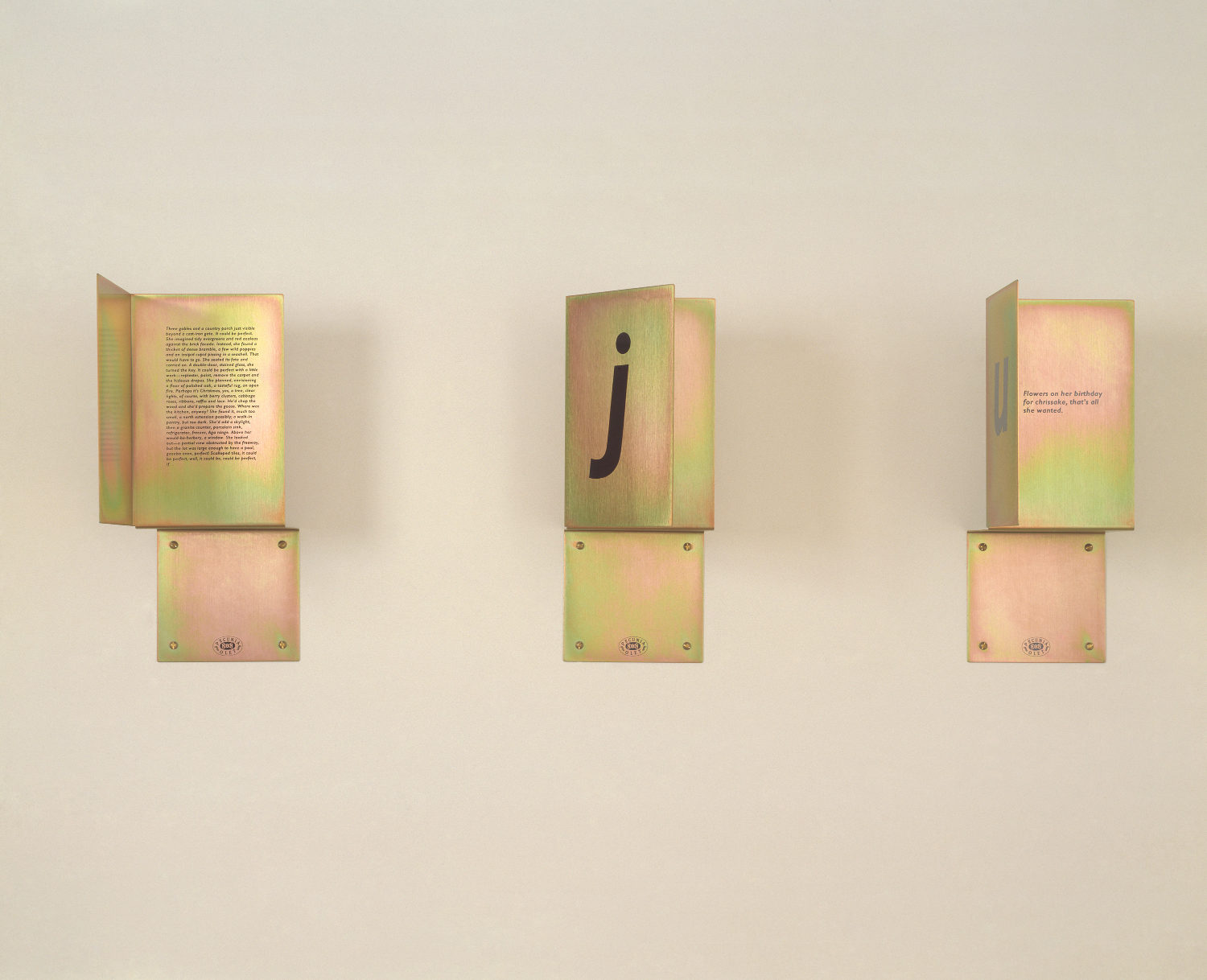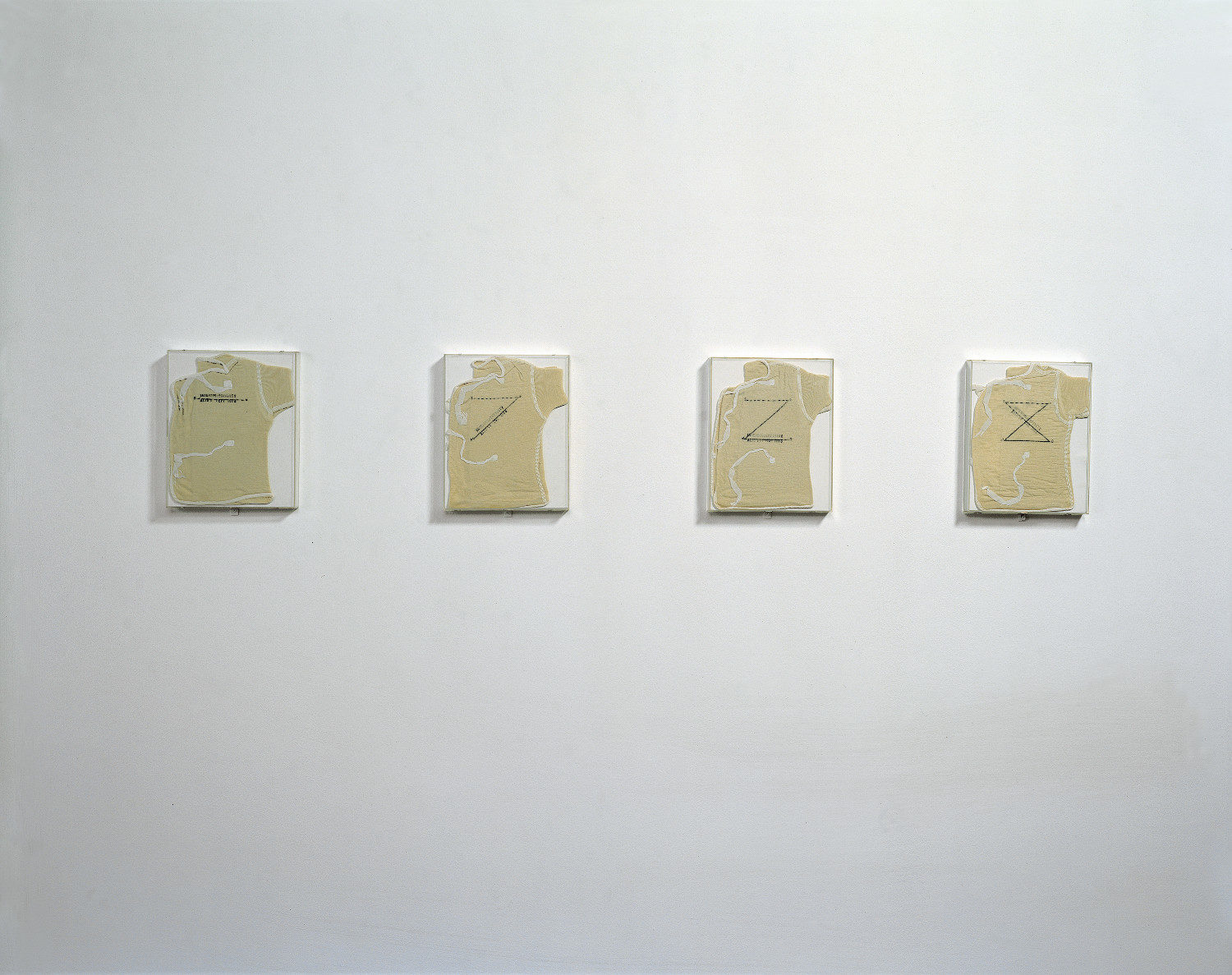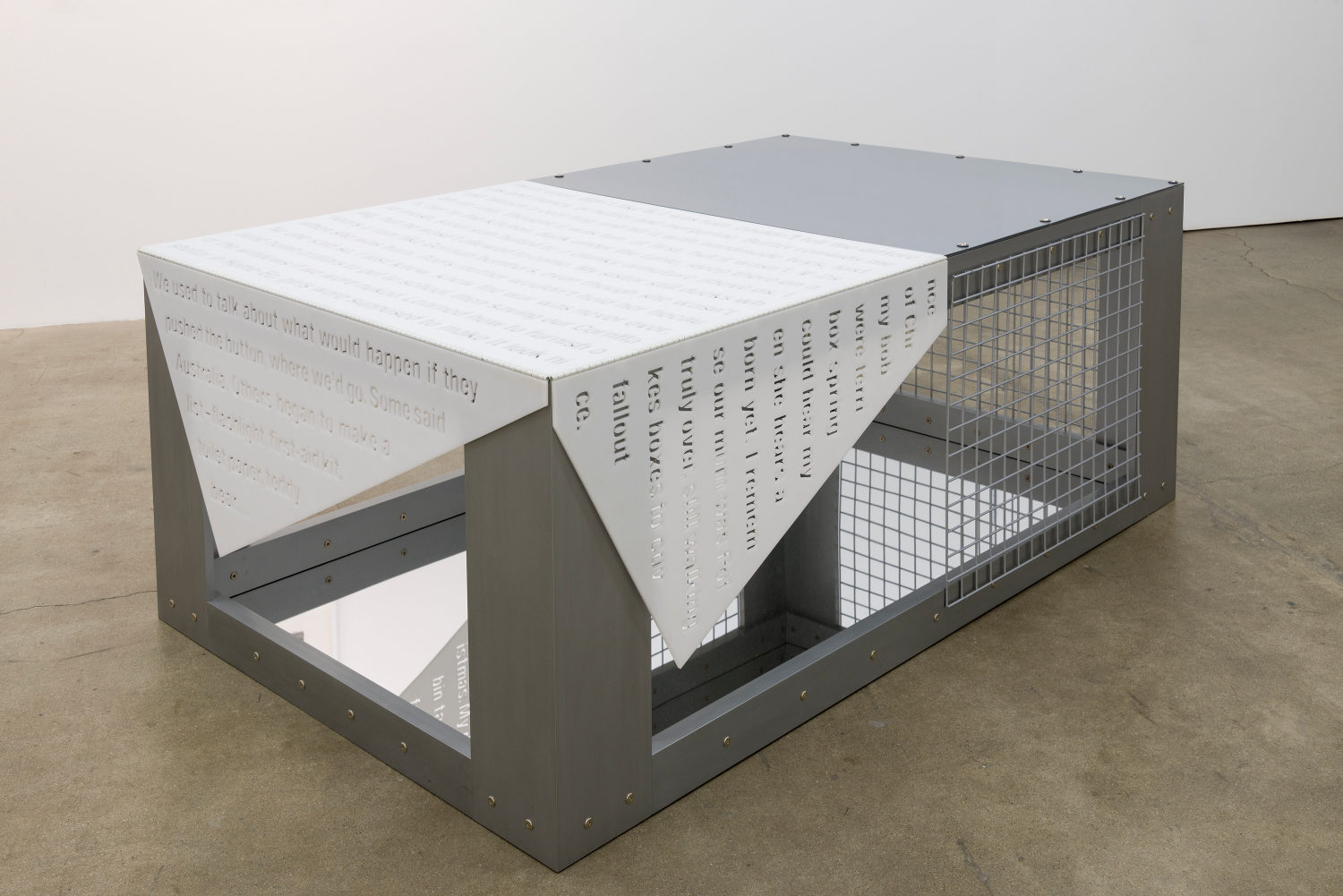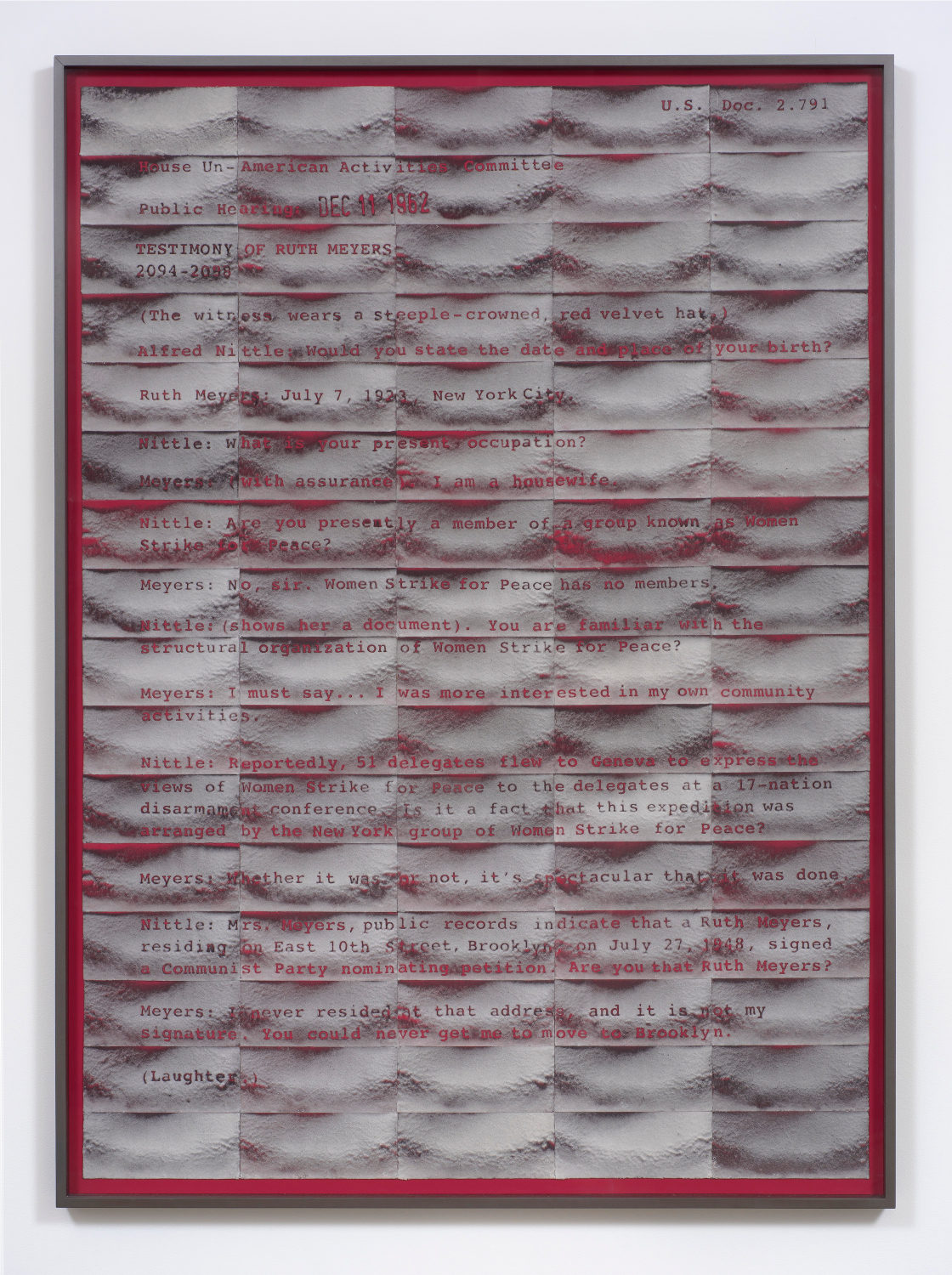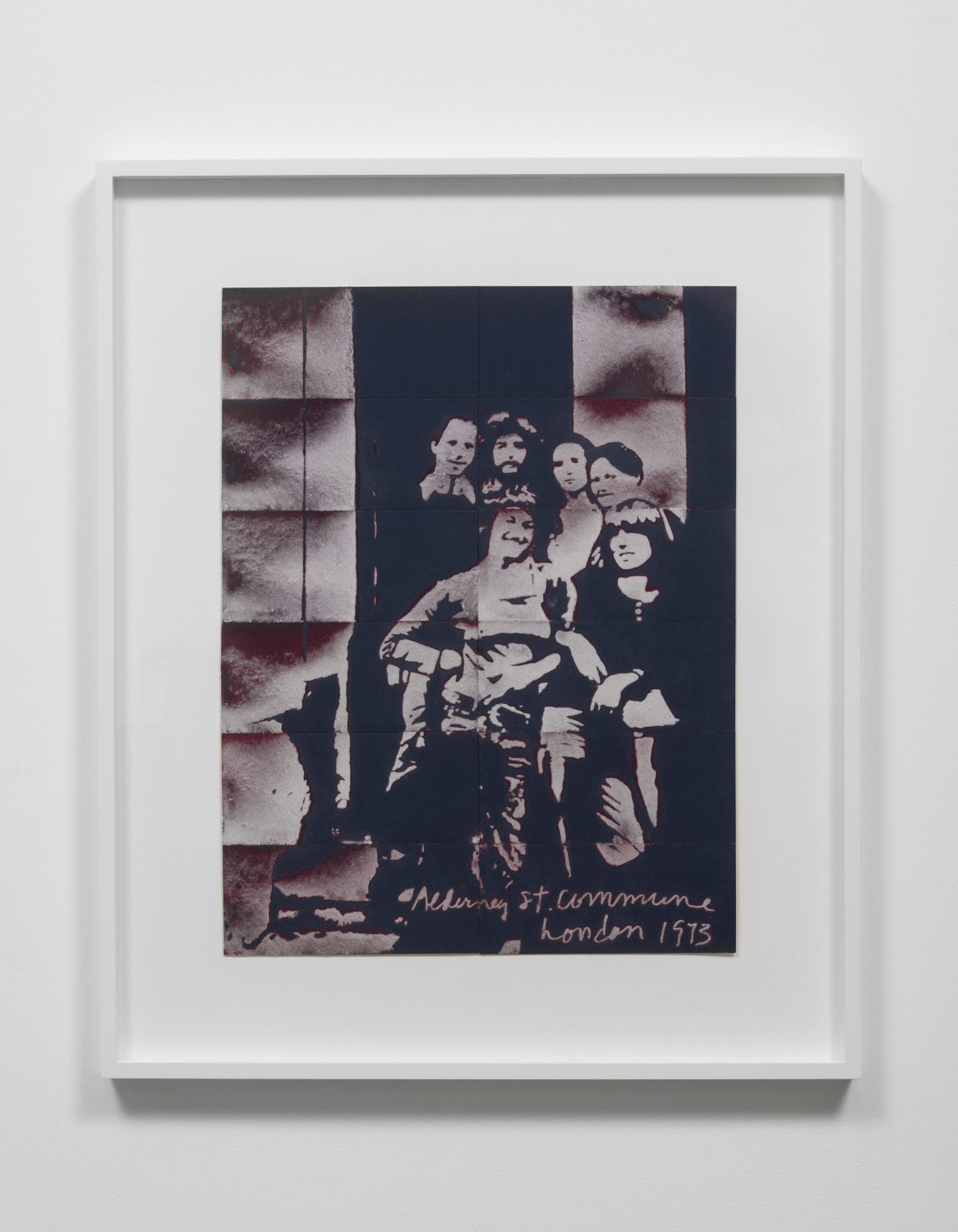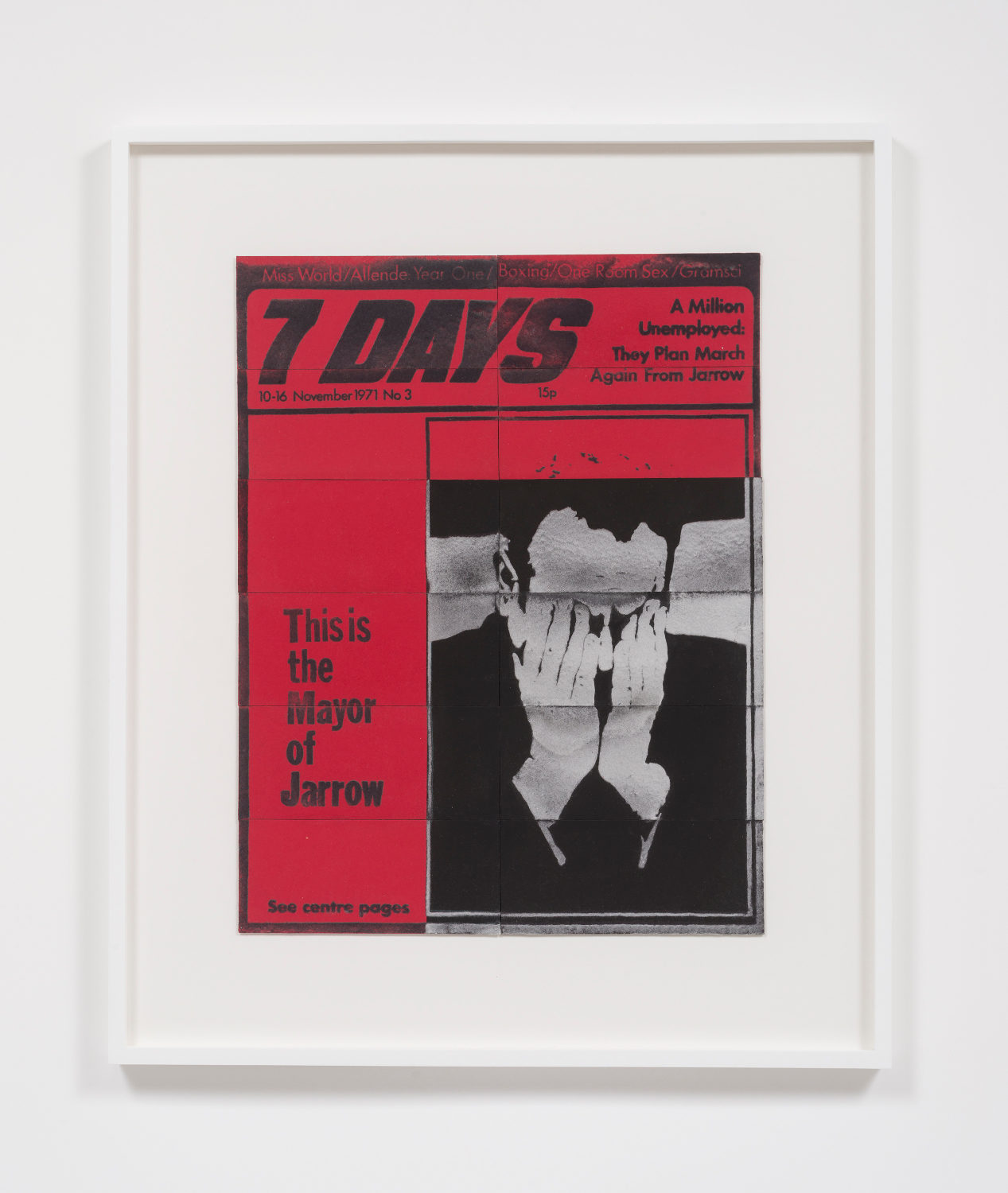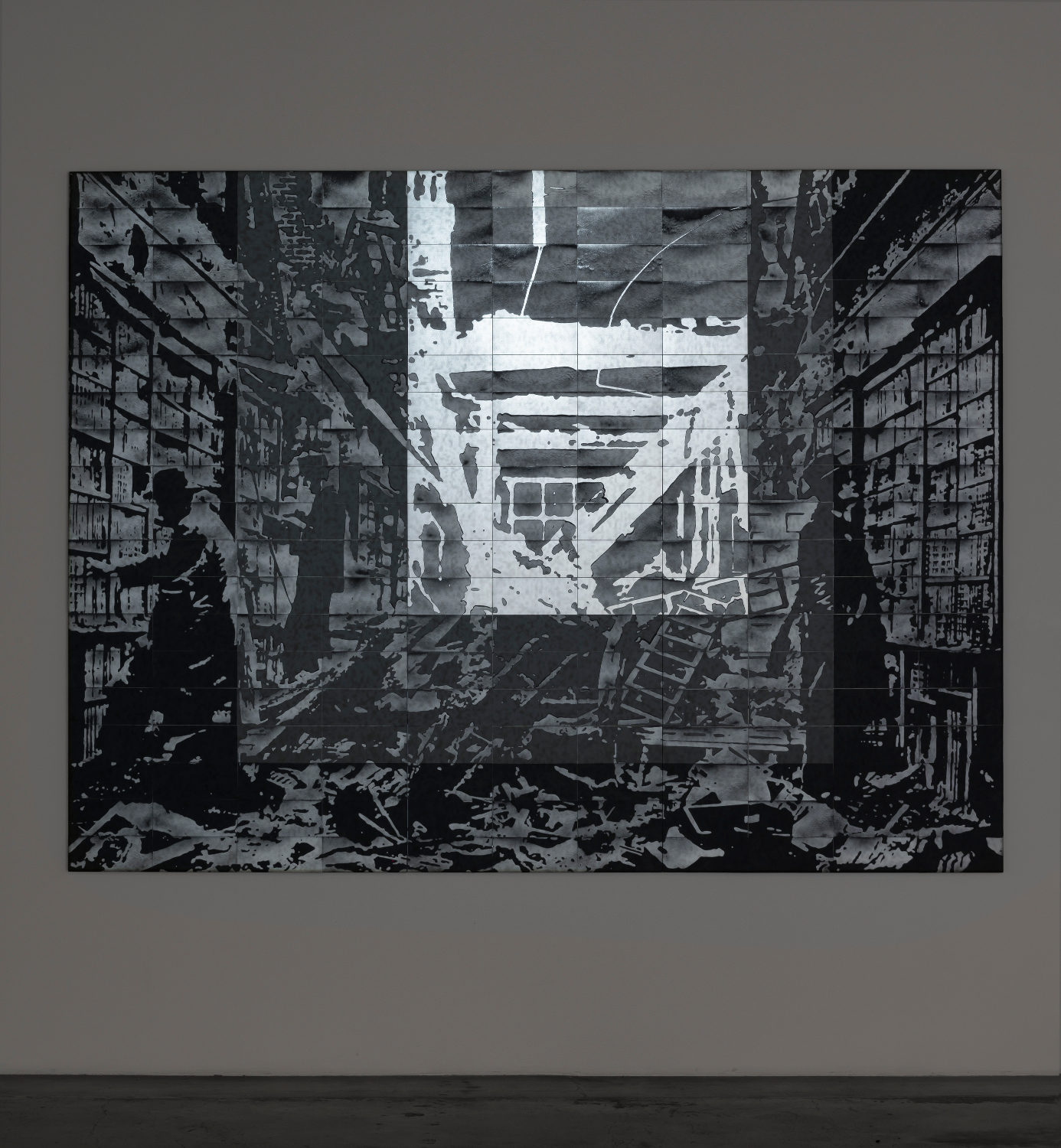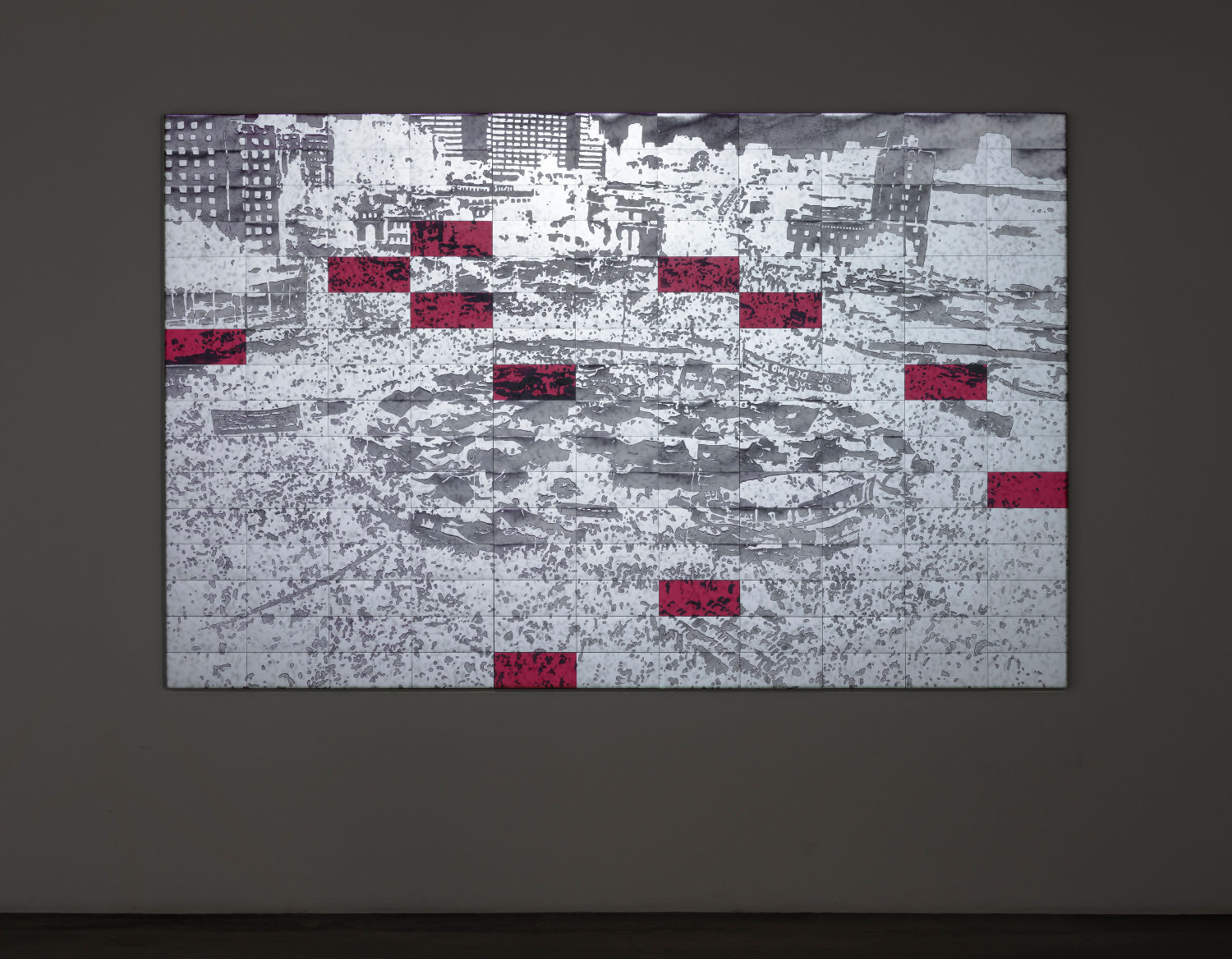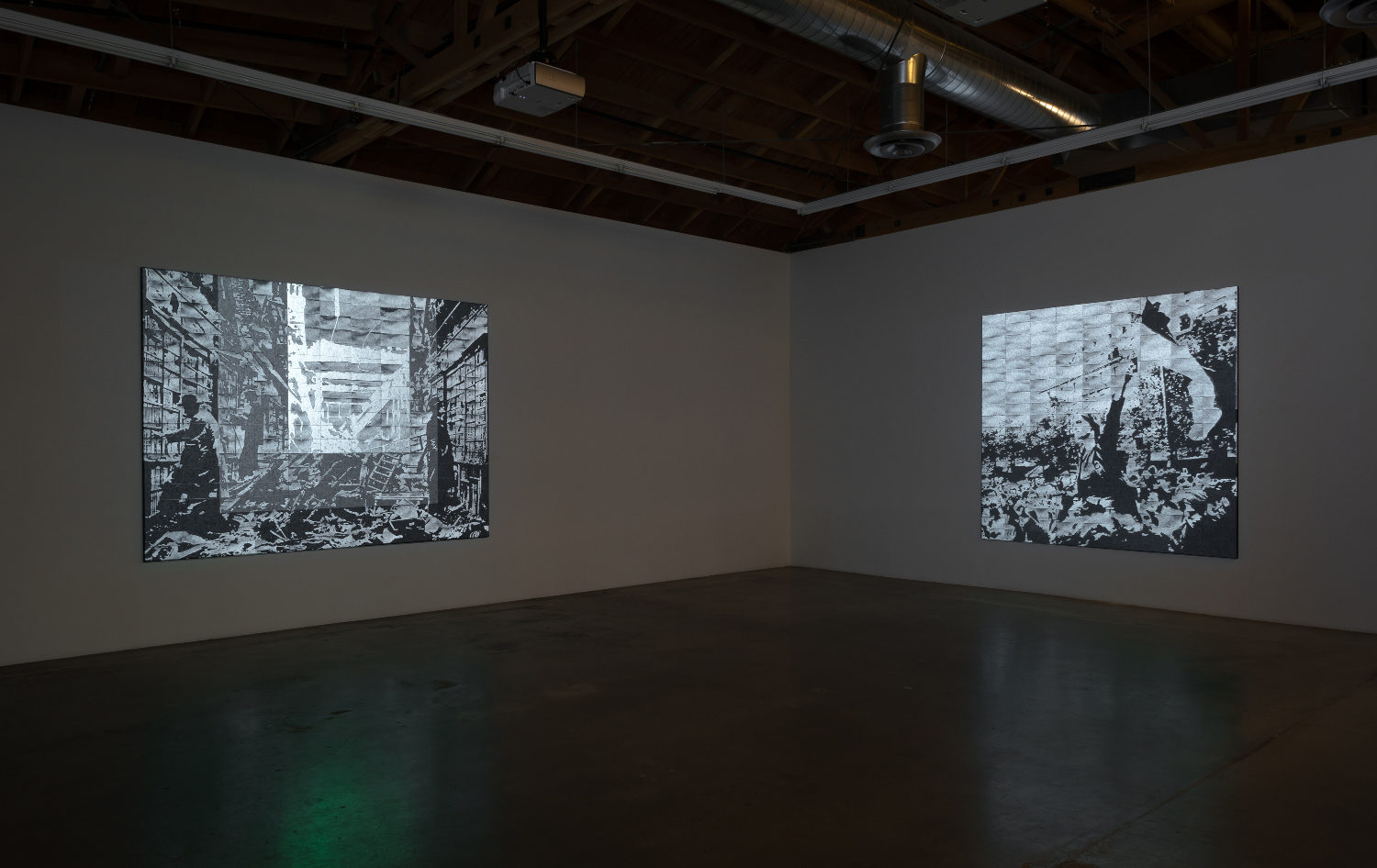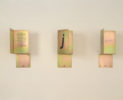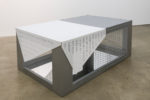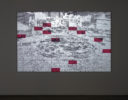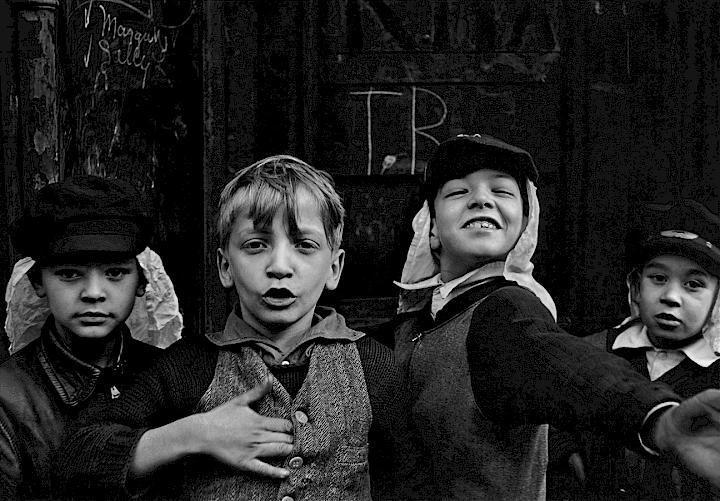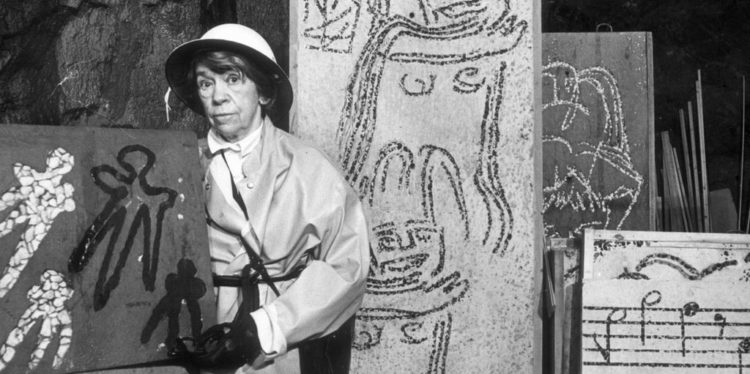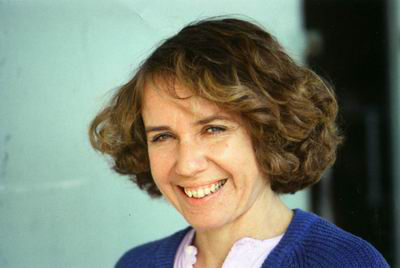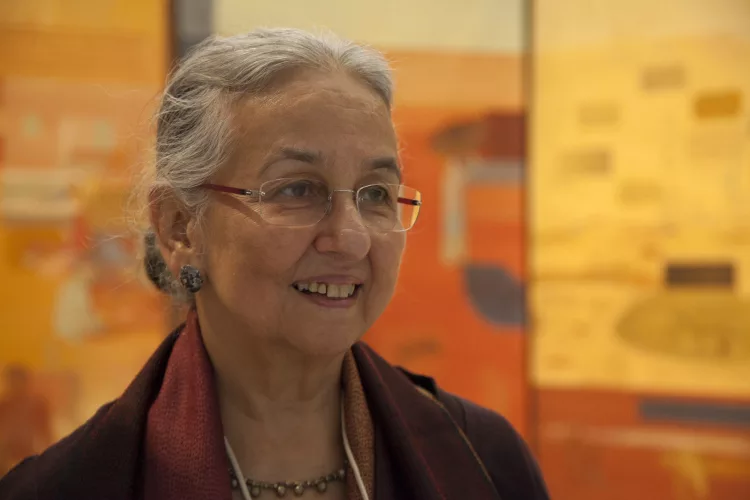Mary Kelly
Iversen Margaret & Crimp Douglas, Mary Kelly, London, Phaidon, 1997
→Kelly Mary, Imaging Desire, Cambridge, The MIT Press, 1998
→Breitweiser Sabine (ed.), Mary Kelly: Rereading Post-Partum Document, Vienne, Generali Foundation, 1999
Mary Kelly, Museum of Modern Art, Oxford, 1977
→Mary Kelly, New Museum of Contemporary Art, New York, 1990
→Mary Kelly, Museo Universitario de Ciencias y Arte, Mexico City, 2004
Plasticienne américaine.
After studying fine arts and music at the College of Saint Teresa in Winona (Minnesota), followed by courses in fine arts and aesthetics at the Pio XII Institute in Florence, Mary Kelly graduated from Central Saint Martins College of Arts and Design in London in 1970. She worked in London as an artist, teacher, curator, publisher, and writer starting in 1968. The emergence of the feminist movement in the United Kingdom, development of semiotics and psychoanalysis, and feminist Marxist analysis of the sexual division of labour were all major influences on her work. She took part in the feminist collective History Group, formed in 1970, alongside British feminist psychoanalyst Juliet Mitchell* and feminist film theorist Laura Mulvey (born 1941), who was known for using psychoanalytical concepts in her work. M. Kelly’s stance is that there exists no pre-existing female construct aside from that which is dictated by family, language, and laws. The precision and formal restriction of her work take after minimalism, and her detachment from cultural discourses relates her work to conceptual art. Her first works questioned the sexual division of labour. As such, the collaborative black and white experimental film Nightcleaners (1970-1975) documented the campaign to unionise cleaning women.
The artist then addressed the instances in which women become subjects of discussion, by making ethnographic observations about certain social rituals that appear with maternity and old age. In 1976, her most influential project, Post-Partum Document, analysed the mother-child relationship during her son’s first four years through the use of texts, drawings, charts, objects, and sounds. The piece provided a significant space for the maternal discourse, echoing contemporary French theories on the subject. From 1984 to 1989, Interim analysed the feminine identity through the study of women who, because of their age, are no longer valued for their ability to procreate or their potential for fetishisation. Discourses on the body, on the family structure and its relationship to money, and on their position with regard to the history of women and in the face of statistics on their power, all form the fabric of her work. Kelly left London for New York in 1989, and became interested in rereading relationships of domination in situations of armed conflict, such as the Gulf War and the traumatising consequences of war crimes or the germs of nationalist indoctrination in an Albanian child from Kosovo. In 2005, her installation Love Songs, exhibited at documenta 12 Kassel (Germany), marked the artist’s renewed interest in feminism and collective memory. In 2012, she presented Mimus, a mini-documentary in three acts that parodies Cold War ideology.
© Éditions des femmes – Antoinette Fouque, 2013
© Archives of Women Artists, Research and Exhibitions, 2018



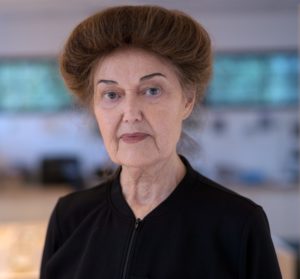
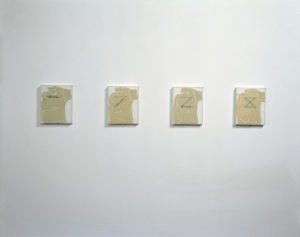 Mary Kelly | TateShots
Mary Kelly | TateShots 